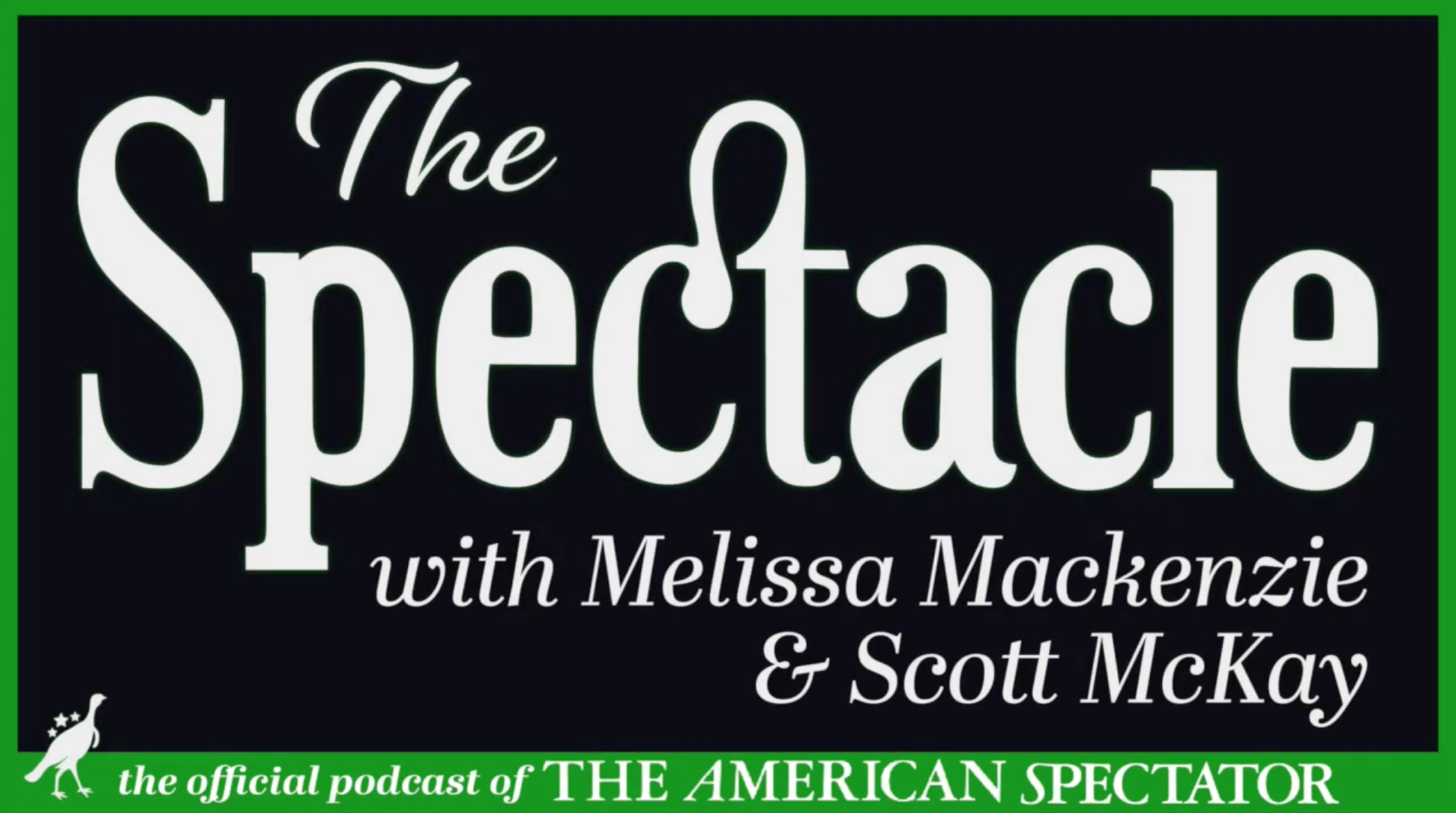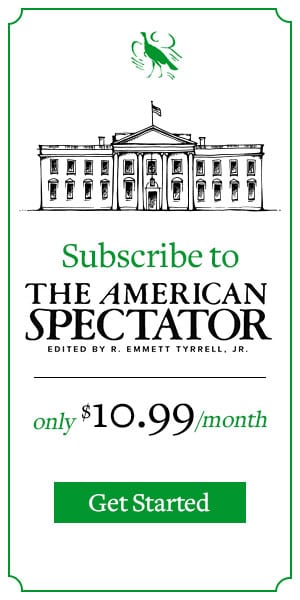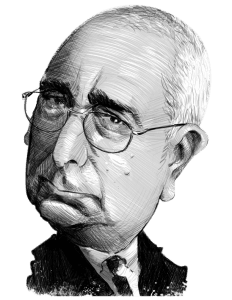It’s the Fourth of July.
Time for another celebration of America’s truly iconic holiday celebrating the Declaration of Independence.
But it should also be a day to remember the very first Fourth, a full 247 years ago — which decidedly was not about picnics and parades.
So come with me and venture back in time, a time as recounted in this case by the excellent American historian Cornel Lengyel.
One of my favorites is Lengyel’s book, which my mother purchased in … 1958. Still findable on Amazon, the title is:
Four Days in July: The Story Behind the Declaration of Independence
The book was authored by Lengyel, a Connecticut-born American whose parents took him to Hungary for some undetermined reason, with young Cornel spending three years there. Eventually he returned to America and became a writer of both poetry and history, passing in 2003.
Four Days in July is a particularly useful book to remind Americans that all was not picnics and parades on the original Fourth in Philadelphia. Lengyel opens in his prologue thusly:
At daybreak already some of the delegates are stirring. In furnished rooms and boardinghouses throughout the quiet country town they are rising, dressing, praying, drafting speeches or last-minute statements.
Some of the men are charged with human expectations; others are doubtful, impatient, uneasy. They are getting ready to play their parts in the arena on Chestnut Street, in a white-paneled room which seats the forbidden first parliament of America.
With troops of the enemy landing on their shores less than a hundred miles from Philadelphia, the divided delegates know they can no longer postpone decision on the hard question before them. The hour is near when each of them must stand up and be counted.
All of them surmise that the vote they cast this Monday morning, the first of July, will change their lives and fortunes. It will affect their reputations for the rest of their days. The choice they make can raise them high, high enough to satisfy the hangman. It can also change the course of events in the New World for generations to come.
With that opening, Lengyel goes on to focus on four of the drama’s central players:
- First is “a redheaded provincial lawyer, thirty-three” who “has never traveled farther than four hundred miles beyond Shadwell, his birthplace near Monticello.” That would be Thomas Jefferson.
- Next is a “prominent Quaker lawyer, John Dickinson of Pennsylvania.” Lengyel writes that Dickinson is the leader of the gathering’s “moderates”:
The moderates from the four strong middle colonies are ready to break with the radicals, the violent men from New England and Virginia. Everyone know that commissioners are on their way from the mother country to negotiate peace; no need to plunge into civil war; there is still chance for reconciliation.
This the hope of the moderates, the appeasers, the cool considerate men of the middle colonies. After all the wrangling and postponements can they now be persuaded to give up this hope? To lay aside their differences and support the declaration at the risk of their necks? Not if John Dickinson has his way.
- Then there is the man Lengyel describes as a “short burly man of forty one” — John Adams of Massachusetts:
His day starts at four in the morning and often continues till midnight. Member and chairman of more committees than any other delegate, he is probably the busiest man in Congress. To clear the road for independence, for the torrents of independence, that is his driving purpose.
In taking up the revolutionary cause he has burned his bridges behind him. He has closed his office and lost his income as a successful attorney in Boston. His wife and children are living on short rations on the farm at Braintree in enemy-occupied country. Often he is troubled with deep anxieties.
- Finally, Lengyel focuses on one last man in this decidedly American quartet:
Doctor Franklin has been away from home, busy in London as colonial agent for Pennsylvania, Massachusetts and Georgia. He returned in May last year, after an absence of more than a decade. But he knows his people; they are the sons and grandsons of his earliest friends and clients.
Though some of the local gentry still look on him as an upstart tradesman, the seventy-year-old printer is well known in Philadelphia. Though his degree is honorary and his son illegitimate, he is known in both the Old World and the New. A short stout man in plain brown Quaker dress, Doctor Benjamin Franklin is better known to the world at large than Newton, Locke, or Fredrick the Great.
With those four men as his starting point, Lengyel is off and running, describing in detail the fights, fears, and tradeoffs as this gathering of Americans for Four Days in July risked their “lives, fortunes and sacred honor” to birth the United States of America and the revolutionary idea of self-government. Others, but of course, cross these pages. Men with names like Thomas Paine, John Hancock, and, of course, the soldier’s soldier, Virginia’s George Washington.
And taken together Lengyel describes in riveting “you are there” style exactly what transpired in Philadelphia between July 1 and July 4.
He ends by saying this:
There were titans in those days, and their Promethean seed is scattered throughout the length and breadth of America.
Their revolutionary design for a country of free men may be forgotten at times in the heat and smoke of party strife, and the foundations they laid may be obscured by the up flaring ambitions of would-be demagogues, by the hunger for power which afflicts the clever and bedevils the strong.
But the truth in which the new nation was conceived cannot be hidden. It is permanently engraved on the central pillars of the republic. It governs the acts of her latest delegates. It is there for all men to see.
New witnesses come forward every generation, from the great colony of mankind and nation of nations which has become America to share the vision of the founders, to testify to its liberating truth, and to support it — with their blood and toil and treasure, if need be — as the signers had pledged to support it on July 4, 1776….
[The Declaration] is founded on the faith that the children of all men are created equal, with natural rights to live in freedom and pursue happiness under government of their own choosing, a government which makes its laws only with the consent of the governed and upholds equal opportunity and justice for each individual.
A parcel of platitudes to some, an incendiary manifesto to others, the core of its vision remains alive in every lover of freedom. On a much-divided planet, it glows with deeper meaning to the corned, the driven, the oppressed of the earth.
And glow the Declaration of Independence does still — a full 247 years later.
Happy Fourth of July!
And God bless America.




